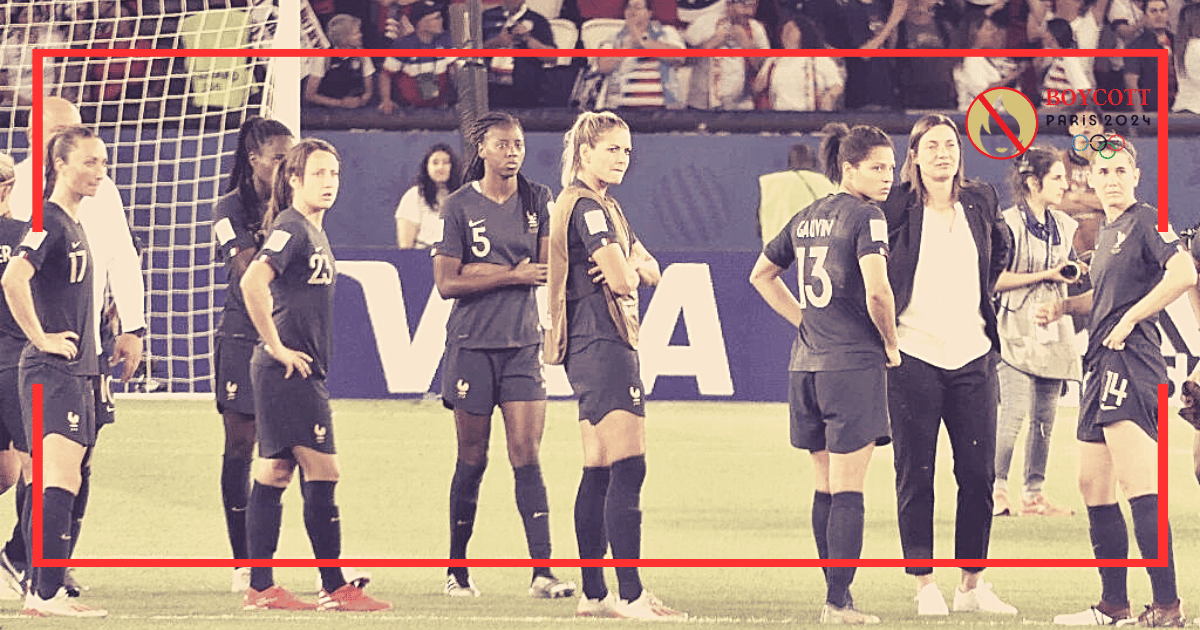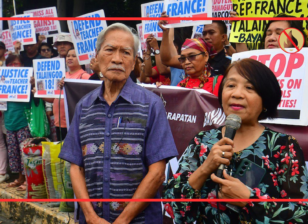Exposing Saudi Arabia: Advocating for human rights in the Kingdom
The United Nations criticized Saudi Arabia for its record on human rights, which included the death sentence, prosecutions for exercising free speech, freedoms for women, and the reported slaughter of migrants at its border with Yemen. More than 50 measures in favor of women have already been enacted, according to the Saudi Arabian delegation at the kingdom’s first official assessment before the UN Human Rights Council since November 2018.
Freedom of expression
Flogging as a form of punishment has been outlawed in Saudi Arabia, along with the ability to execute juveniles, the independence of judges, and improved legal protections for migrant workers. Saudi Arabia has made an effort to change its public image recently, thanks to Crown Prince Mohammed bin Salman’s gradual opening of the nation to foreign investors and world leaders. However, people who are familiar with the inner workings of the kingdom present a different picture, one that contradicts bin Salman’s portrayal of a “vibrant society.” While ordinary people live in constant dread of being targeted by authorities on the internet, jailed human rights advocates are nonetheless subject to lengthy prison terms and arbitrary travel restrictions stemming from dubious allegations. Furthermore, underprivileged groups still have little rights and face harsh penalties for exercising their civic freedoms.
Treatment of dissidents
It is more crucial than ever to pay attention to the opinions of researchers, human rights advocates, and groups that keep an eye on Saudi Arabia’s abuses of human rights, especially as more outside parties conduct business with the country. Head of ALQST’s monitoring and advocacy Lina al-Hathloul said “Saudi Arabia is opening up to the world but closing off to its own citizens.” Saudi civil society is characterized by a constant state of fear, secret trials, and obscure prisons, all while the outside world perceives Saudi Arabia differently through entertainment and sports. ALQST for Human Rights steps in at this point. Yahya Assiri, a human rights advocate from Saudi Arabia, founded the organization in 2014, and since then, it has been a well-known voice for exposing abuses, offering assistance to victims, and calling for responsibility.
Women’s rights
Saudi Arabia has been pressed over and again to define terrorism in light of cybercrime laws that permit prosecution of state criticism. The United States was one of the few critics to specifically mention a claim made previous year on the deaths at the border. According to U.S. ambassador to the Human Rights Council Michèle Taylor, Saudi Arabia has been asked to “undertake a comprehensive, transparent investigation of all allegations that Saudi security forces are killing and abusing migrants crossing the Yemeni border, cease any abuses, ensure accountability for any abuses or violations. The organization has expanded its scope to include documentation of other abuses, especially as the crown prince involves more external stakeholders in his plans for a larger and wealthier Saudi Arabia. Originally, the organization concentrated on advocating for the release of political prisoners who were unfairly targeted by authorities. In addition to endorsing the removal of the “remaining privileges of male guardianship that still impeded progress, empowerment, and equality of women,” Austria echoed American concerns on the murders of migrants.
Minority rights
The United Nations’ International Organization for Migration, situated in Geneva, collaborated with Saudi officials “to ensure proper monitoring of our borders and to ensure that the human rights of those crossing our borders are upheld.” Iceland suggested modifying legislation to make marital rape illegal and legalizing “same sex conduct between consenting adults,” while Australia expressed worries about “exploitation of migrant and foreign workers and lack of transparency in judicial proceedings.” Concerns about the lack of protection for domestic workers, gender-based violence, and fear of retaliation against media professionals and civil society activists were expressed by a wide spectrum of nations. Qatar, Bahrain, and Morocco were among Saudi Arabia’s allies. Yemen thanked the monarchy for its “fight against corruption which undermines the protection of human rights,” while Li Yujie, the delegate from China, lauded “efforts and achievements for promotion and protection of human rights.”
Conclusion
In conclusion, Right now, Saudi Arabia forbids independent human rights monitors and groups from entering the country, endangering civil society and inspiring ALQST to be established in the UK. Aljuraywi and al-Hathloul, along with the broader ALQST team, left their home countries to lobby for reforms, and now they aim to use their position in the UK to press for increased access in the kingdom. In order to prepare for the meeting, the Human Rights Council reviewed comprehensive reports from Human Rights Watch, U.N. agencies, and the Saudi Arabian government.





